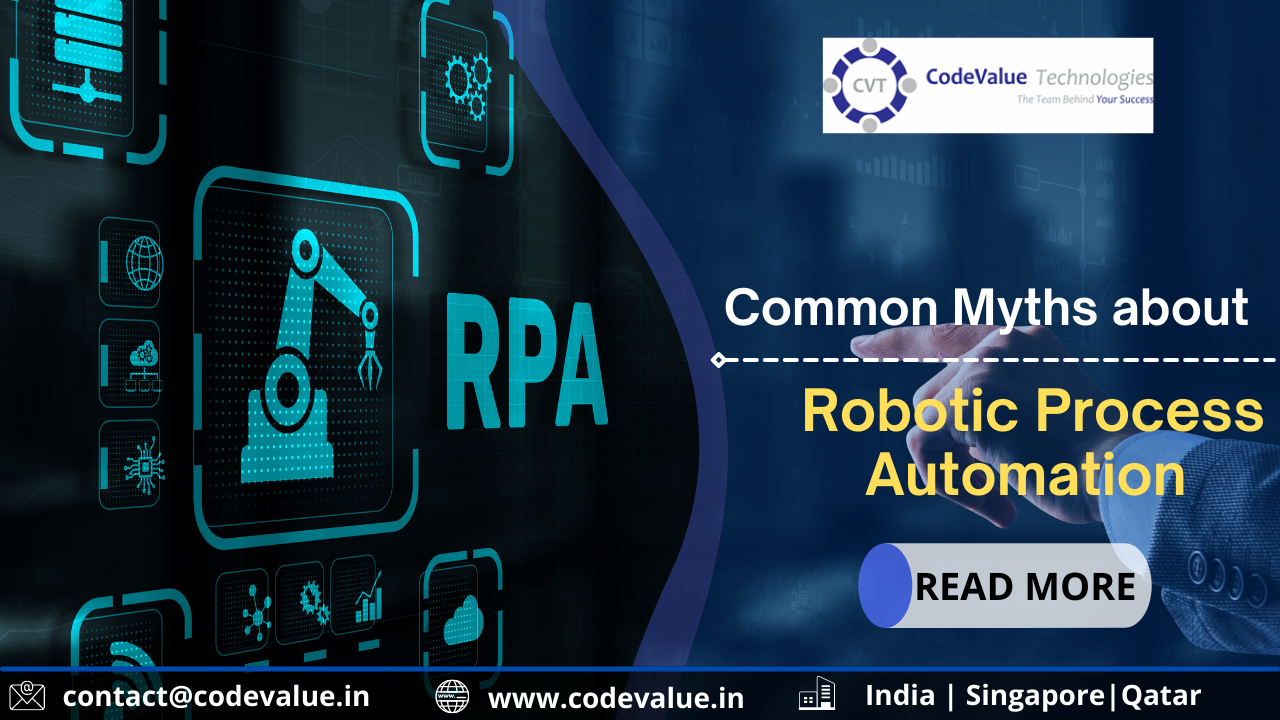RPA involves physical robots
No. No. No. When you implement robotic process automation, what you get are software robots (or just simply a software) automating digital tasks that are mundane and repetitive in nature. There are no physical robots involved.
RPA will replace humans
Whenever a significant technology such as RPA software emerges, there is always a concern that the human workforce will be replaced. In reality, by automating high volume tasks, RPA reduces the need for repetitive human effort. Instead of removing humans from the workplace, RPA will liberate them from conducting routine and repetitive tasks. It will give them the ability to focus on more value-added work.
RPA bots are 100% accurate
If software robots are correctly set up they will be completely accurate. However, they are capable of making mistakes – especially as they possess no ‘common sense. This means if there’s a mistake in the instructions provided to robots, they will replicate the error that’s present in a workflow – hundreds or thousands of times – until it is spotted by a human.
RPA is just an extension of Macros
While there are some similarities, RPA software is much more than a simple macro script. The latest RPA tools help automate end-to-end processes using drag and drop controls with nearly no coding required. They also place a lot of emphasis on governance which we cannot find with macros.
RPA can automate everything
Nope. There are very strict guidelines on the type of processes that are suitable for automation using RPA. They include but not limited to:
Rule-based
High transaction volumes
Low exceptions
Stable and well-defined processes
Low system change
Structured data and readable electronic inputs
Nevertheless, even if a process ticks all the above check boxes, it does not necessarily mean that automating through RPA will bring about real benefits.

